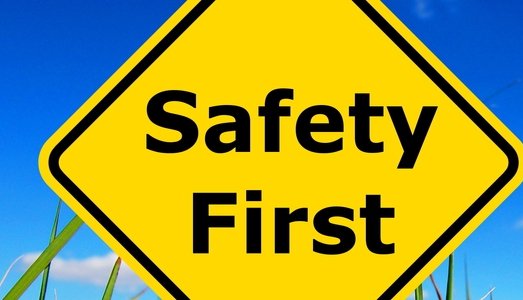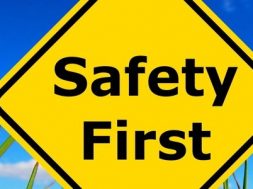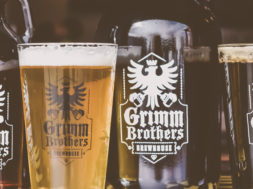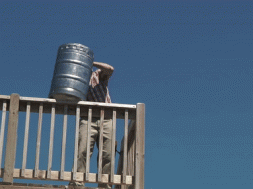Brewery Safety: Top Hazards and How to Reduce Risk

Photo via LinkedIn
Article via Rob Dettman at New York Craft Beer
The cheapest claim for a brewery is the one that never happens. The best way to keep your insurance premiums low over the long term is to minimize the impact of claims on your business. While risk cannot be 100% removed from operating a brewery, there are a variety of ways a brewer or owner, as well as their employees can control their risks and reduce the frequency and severity of claims.
There are many financial benefits to managing your risk and having a focus on safety at your brewery. These include; saving money (reduce quantity, severity, and financial impact of injuries), reduced insurance and workers comp costs, less equipment down time, minimizing product loss, improving brand equity, more effective work procedures, and sustainability for a business.
The top hazards in breweries are similar to those in the general manufacturing industry. Below are some of the top risks, as well as how you can control their impact on your business;
Ergonomics – repetitive motion, lifting, awkward postures
How to manage – automate processes (hoists, conveyors, keg robots), two-person lifts, lift training for employees
Walking and Working Surfaces – wet floors, trip hazards, improperly stacked items
How to manage – clean up spills immediately, monthly walk-throughs looking for hazards, keep aisles, stairs, and platforms clear from clutter
Fall Protection – elevated work platforms, stairways
How to manage – Handrails, 4” toeboard, slip resistant reads on stairs
Powered Industrial Trucks – forklifts, pallet trucks, etc
How to manage – written and documented training, daily inspections, never load outside rated capacity
Keg Safety
How to Manage – never alter or tamper with safety devices, systems connected to kegs should have pressure regulator, only use kegs from your own brewery, inspect kegs (Sankey valve, steel ball, and o-ring)
Thermal hazards
How to manage – steam and hot water pipe insulation, label hot surfaces, written procedures for employees, long sleeves and pants, safety goggles and gloves
One of the best ways to manage your risk is to get your employees involved. Forming an employee lead safety committee can help get the focus of your company culture to be safety oriented. Use committee meetings to proactively identify and fix hazards, discuss accidents and near misses, develop recommendations, and assign actions. Your insurance broker can attend these meetings, make suggestions, and help with ways to implement procedures.
In summary, safety should be a state of mind. It is recommended that brewery operators report, track, and investigate accidents and near misses, document progress, work to identify on the job hazards, and solutions to mitigate them.










